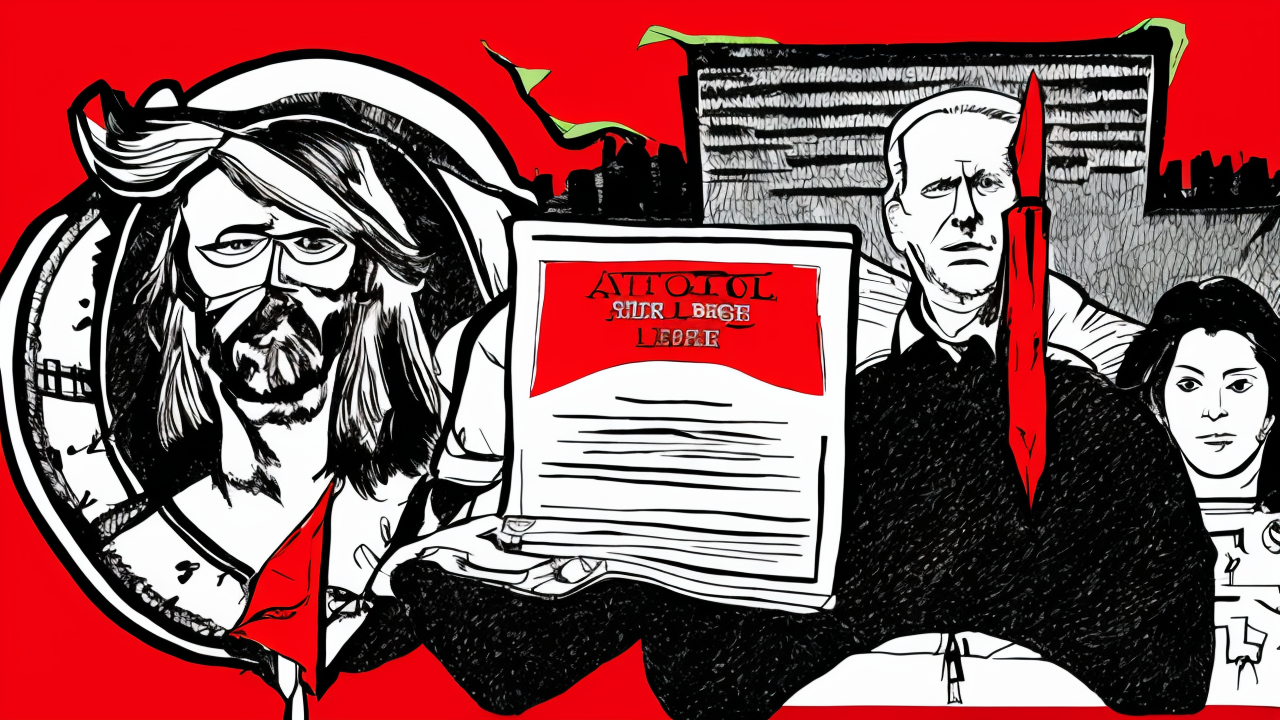EPA Administrator Lee Zeldin Overturns Key Climate Regulation, Reigns in Agency Power

Environmental Protection Agency (EPA) Administrator Lee Zeldin has announced plans to overturn the agency’s 2009 “endangerment finding,” which declared greenhouse gases a threat to human health and welfare. This move marks a significant shift in federal climate policy and represents a direct challenge to the Biden administration’s sweeping climate agenda. Zeldin’s decision is part of a broader effort to rein in the EPA’s overreach and return regulatory authority to Congress.
The 2009 finding served as the foundation for numerous climate regulations, including the Clean Power Plan, which aimed to reduce carbon emissions from power plants. However, legal challenges, including the 2022 Supreme Court case West Virginia v. EPA, have increasingly limited the agency’s authority. In that case, the Court ruled that the EPA lacked the statutory power to impose broad emissions caps without explicit congressional authorization. This decision, along with the Court’s reconsideration of Chevron deference, has weakened the agency’s ability to interpret vague statutes and expand its regulatory reach.
Zeldin’s action is expected to have far-reaching consequences. The Heritage Foundation estimates that Biden’s climate goals, which include a 50-52% reduction in greenhouse gas emissions by 2030, would result in significant economic costs, including job losses and higher energy prices. By eliminating the endangerment finding, Zeldin aims to streamline private business projects, reduce energy costs, and position the U.S. as a leader in artificial intelligence and the auto industry.
Critics of Zeldin’s decision argue that it undermines efforts to address climate change and relies on questionable science. However, supporters argue that the move restores constitutional balance and prevents federal agencies from overstepping their authority. As Congress considers clarifying its role relative to the administrative state, Zeldin’s decision highlights the growing tension between regulatory power and legislative accountability.
This move sets the stage for a potential redefinition of the EPA’s role in shaping U.S. climate policy and underscores the broader debate over the limits of federal agency authority.
Published: 8/1/2025















